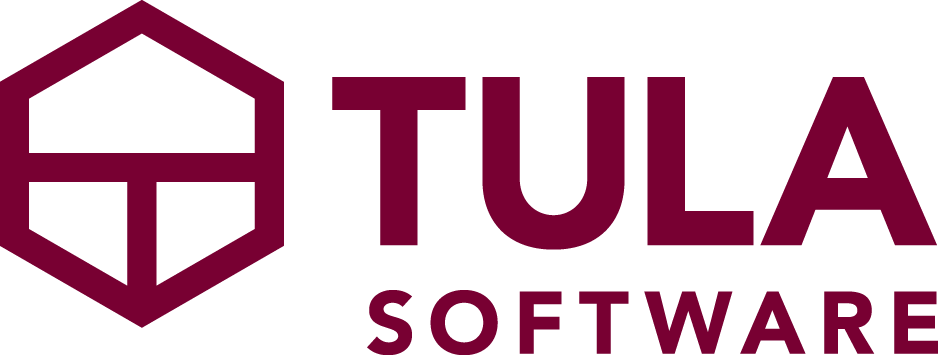The other day, Mindbody announced their acquisition of Lymber. If you're a frequent reader of our blog, you know Lymber is a dynamic pricing company, another in a long line of companies trying to explain how giving discounts is good for you. We mentioned them a few months ago when we released our variable credit feature and wrote a post about how you can use our system to create your own demand based pricing.
Lymber is a company that actively promotes to consumers that one of the key benefits of using their apps is you don't need a membership, yet you can still have access to thousands of classes across hundreds of studios. Mindbody is literally competing with their customers for the consumer's attention.
So why would they make this acquisition? Because, as we've mentioned before, mindbody and other markeplaces like them have the primary objectives of:
1. Turning service providers (gyms, studios, salons, etc.) into commodities that provide them with "inventory" (class spots, appointments, etc.).
2. Build a relationship with consumers, so that consumers purchase their services through the software company, instead of through the service provider directly, so that the software company can make money processing credit cards.
3. Mine the data obtained through the above process, because in the new economy, data is the new oil. (Important: you have the oil!)
What mindbody believes is that your yoga studio should replicate the buying experience of purchasing an airline ticket. Mindbody can be the Orbitz, and your studio can be the United Airlines in this equation. When you're an investor owned and controlled company that makes almost half of their money processing credit cards, this is how you think.
Don't take my word for it though, here's Lymber founder Doug Hecht in an interview shortly after the announcement of the acquisition, explaining what they do:
“We’re basically an Expedia for fitness and wellness studios,” Lymber co-founder and CEO Doug Hecht told me by telephone after the Mindbody deal closed.
Okay I'm sorry, I was wrong. Expedia, not Orbitz.
Got it.
But here's the really scary thing for independent studio owners: You can't look at this acquisition in a silo. There are numerous other moves mindbody has been making that we've constantly been writing about. And together they paint a nasty picture for independent studio owners.
Consider the following:
1. Mindbody released the Deals Engine last year, which allows them to introduce your studios to your competitors.
2. Mindbody makes 10% off of every introductory offer they help studios sell.
3. Lymber is a data company. mindbody will know everything about your company, your competitors and most importantly the behavior of your students.
Add this all up and what you see is that mindbody is incentivized to target your students with offers at other studios to get them to switch around. The reality is: a consumer that is loyal to you is a far worse consumer for mindbody, and generates for less revenue for them, than someone who hops around.
Let me explain:
- A loyal student on a monthly membership that costs $100 per month at your studio generates exactly $2.75 in revenue for mindbody. (charging their credit card). That's it, nothing more.
- A student they can get to purchase just one $50 pass at any other studio in their network generates $6.38 in revenue. ($1.38 in revenue from credit card processing + $5 Deals Engine Fee)
- Get the student to switch again, and they make another $6.38.
If mindbody is able to incentivize your most loyal members to try two new studios, they increase their revenue off of that student by over 400%. Spread this out over millions of students and you can see why Mindbody's been so keen to move into the consumer space.
Now, of course Mindbody is going to tell you how their acquisition of Lymber is all about helping you create the best pricing for your studio. Don't fall for it.
What Mindbody is really doing is building a system to maximize the revenue they generate off your students by getting consumers to change studios as often as possible, because your most loyal members are a threat to their growth rate.
The good news is there's always Tula Software. If you've been thinking about switching, there's never been a better time than now!





